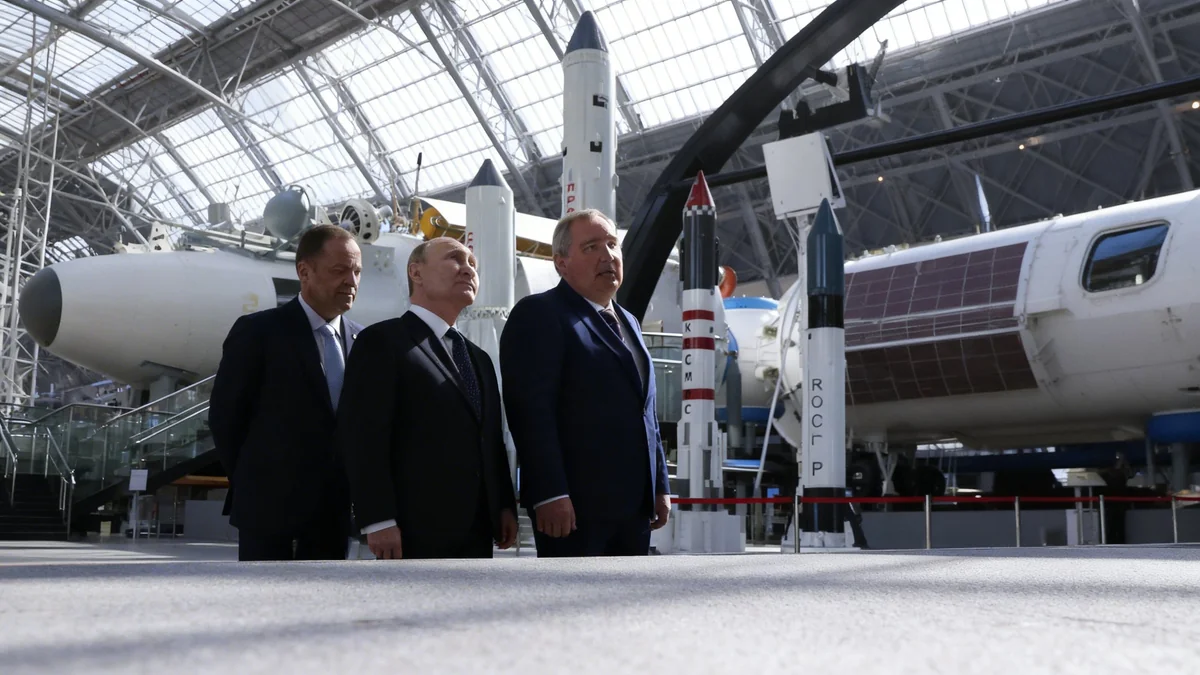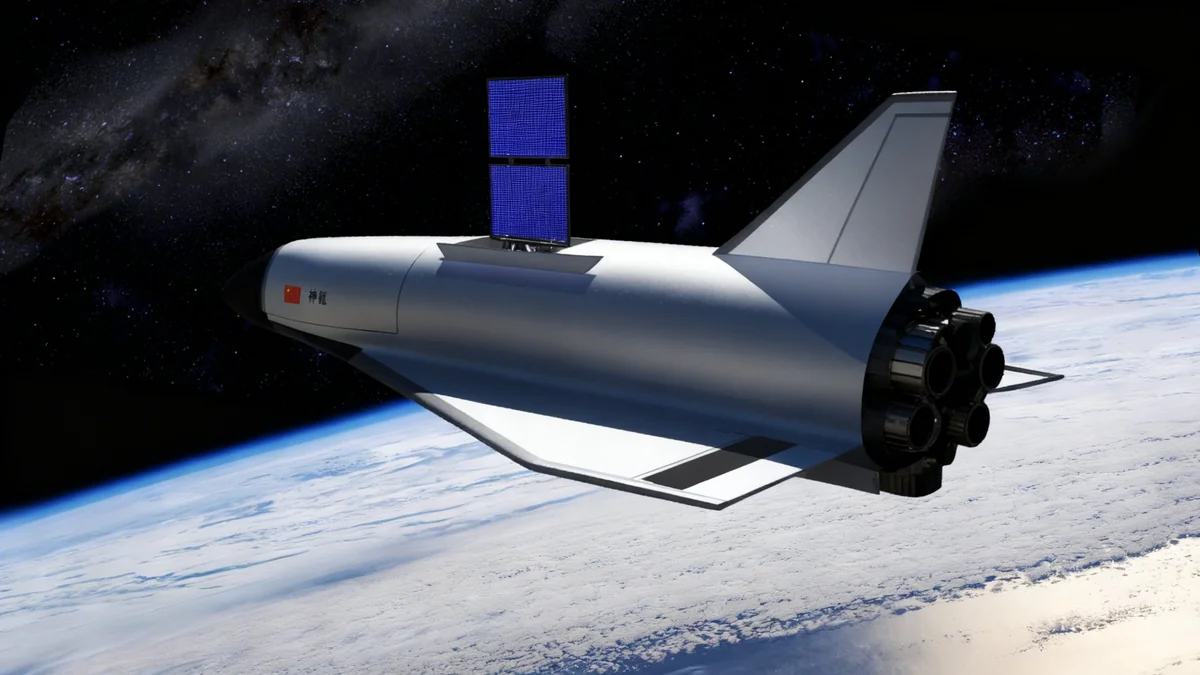Germany has announced a significant financial commitment to bolster its military capabilities in orbit, with plans to invest 35 billion euros ($41 billion) into space defense by 2030. The strategic investment was detailed by Defense Minister Boris Pistorius during a speech in Berlin, signaling a major policy shift in response to growing geopolitical tensions in space.
Key Takeaways
- Germany will invest 35 billion euros ($41 billion) in its space defense infrastructure by 2030.
- The plan focuses on developing resilient satellite constellations for reconnaissance, communication, and early warning.
- Defense Minister Boris Pistorius identified Russia and China as direct threats in the space domain.
- The strategy includes creating a dedicated military satellite operations center and securing independent launch capabilities.
- Investment will also support dual-use technologies that serve both civilian and military purposes.
A Strategic Investment in National Security
Defense Minister Boris Pistorius outlined the comprehensive plan at the Space Congress of the Federation of German Industries (FDI) in Berlin. He stated that the 35 billion euro investment is essential for protecting Germany's interests in an increasingly contested domain. The funding is earmarked for a complete overhaul and expansion of the country's space-based military assets over the next decade.
The core objective is to build a robust and resilient space architecture. This initiative aims to ensure Germany can operate effectively and securely, even when faced with sophisticated threats. The investment reflects a growing awareness among European nations that space is a critical frontier for modern defense and national security.
Context: The New Space Race
Unlike the Cold War-era space race focused on exploration, the modern competition in space is driven by national security and economic interests. Nations are increasingly reliant on satellites for communication, navigation, and intelligence. This dependency makes space assets valuable targets, leading to the development of counter-space capabilities like satellite jamming and anti-satellite weapons.
Developing a Multi-Layered Space Infrastructure
The German plan is not focused on a single project but rather on creating a multi-layered and interconnected system. According to Pistorius, the investment will be distributed across several key areas to ensure comprehensive protection and operational readiness.
Key Components of the Investment:
- Satellite Constellations: Acquisition of new satellite networks for early warning, high-resolution reconnaissance, and secure communications.
- Ground Stations: Modernizing and securing the ground infrastructure needed to control and receive data from satellites.
- Launch Capabilities: Investing in both small launch vehicles and supporting European heavy-lift carriers to ensure independent access to space.
- Military Operations Center: Establishing a dedicated military satellite operations center within the Bundeswehr Space Command to manage all space assets.
Pistorius emphasized the importance of redundancy. The strategy involves deploying multiple networked satellite constellations to ensure that if one system is compromised or fails, others can maintain operational continuity. "We plan to acquire new satellite constellations – for early warning, reconnaissance, and communications," Pistorius said. He also confirmed the use of dual-use systems, which are technologies with both civilian and military applications.
The German Bundeswehr's existing systems have already been affected by jamming attacks, highlighting the immediate need for more resilient and hardened space technology.
Addressing Direct Threats in Orbit
The Defense Minister was direct in his assessment of the threats facing Germany and its allies in space. He specifically mentioned the expanding military space programs of Russia and China as a primary driver for this new investment.
"The conflicts of the future will no longer be limited to the Earth’s surface or the deep sea. They will also be fought openly in orbit," Pistorius stated during his speech.
He noted that in space, there are "no borders or continents," making nations like Russia and China Germany's "direct neighbors" in orbit. This perspective underscores the German government's view that space is a warfighting domain that requires active defense measures.
The strategy includes hardening German space systems against electronic attacks like jamming and spoofing, as well as improving space situational awareness to better track objects and potential threats in orbit. The goal is to move from a passive posture to one of active protection and defense of national interests.
Emphasis on European and Transatlantic Cooperation
While the investment is a national initiative, Pistorius stressed that Germany is not acting alone. A significant part of the strategy involves strengthening security architecture through close collaboration with international partners. This includes working within existing NATO and European Union frameworks.
By aligning its space defense strategy with its allies, Germany aims to contribute to a collective security posture in space. This collaborative approach enhances interoperability and presents a more unified front against potential adversaries. The investment in European launch carriers, for instance, supports the broader goal of European autonomy in space access.
The 35 billion euro commitment positions Germany as a leading player in European space security. It sends a clear message that the country is prepared to make substantial investments to safeguard its critical infrastructure and contribute to the collective defense of the transatlantic alliance in the final frontier.





